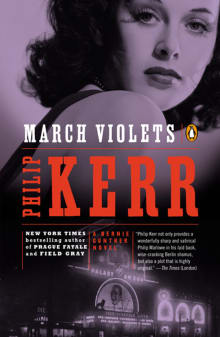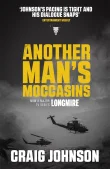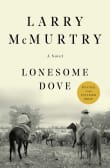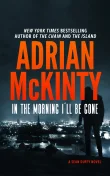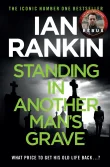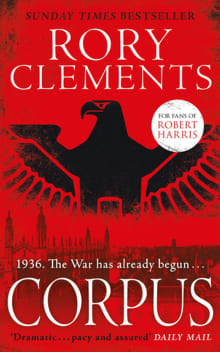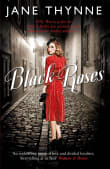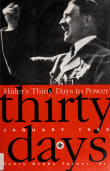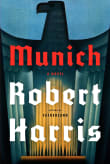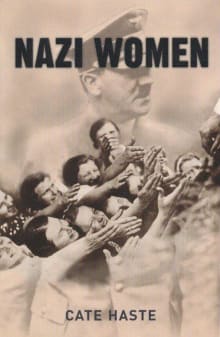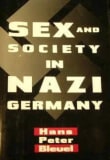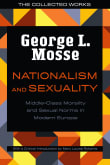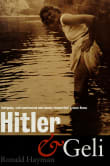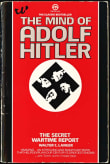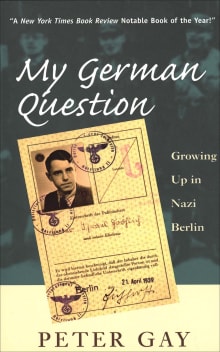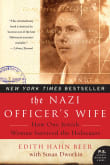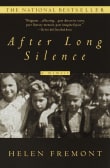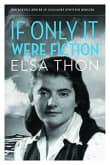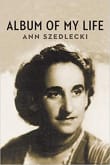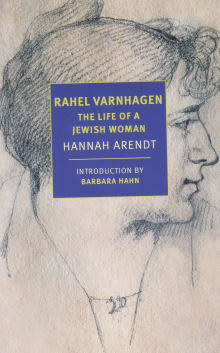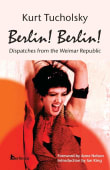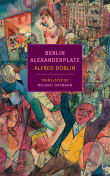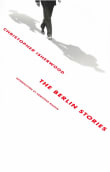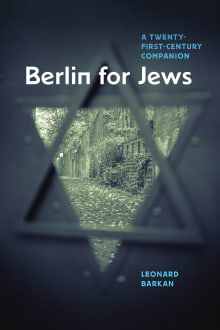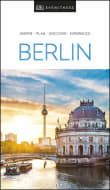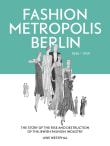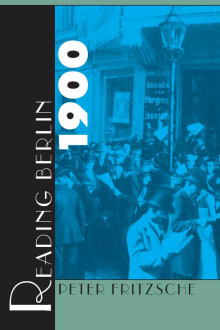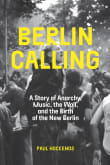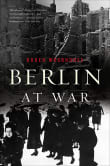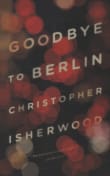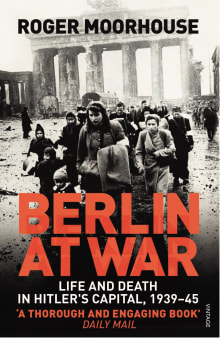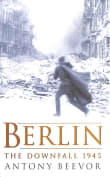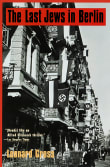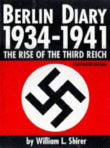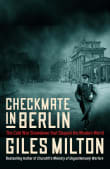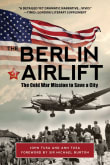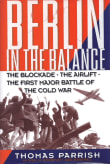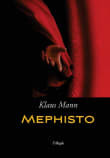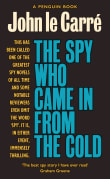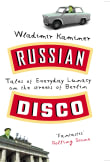Why am I passionate about this?
I believe many writers suspect they are Strangers in a Strange Land. How ironic that I, a confirmed atheist, should use a biblical quote to describe the mindset of authors. Some discover where they belong through their writing. My book recommendations have a strong sense of place, whether it be the Old West, wartime Berlin, or modern-day Scotland. I was born into a 300-year-old N. Ireland Protestant Plantation family, yet many people saw us as interlopers: we weren’t quite Irish, and we weren’t quite British, yet we held dual passports. It was not until I left Ireland that I realized my Irish Heritage exerted a stronger pull than my British.
AJ's book list on portray a sense of place

Why did AJ love this book?
One of the best explanations I’ve read of the rise of Fascism in Hitler’s Germany. I agree that ignoring the lessons of history means we’ll be forced to endure repetition. And Kerr paints such a chilling scenario no one in their right mind would wish the maxim to come true. His prose applies color and form like an artist at the top of their game.
At times I found him reminiscent of Chandler in the way he portrays the Nazis as the worst gangsters in the game. This is the first book of the Bernard Gunther series, and I was so enthralled that I raced through the others in just a few days. His storyline is filled with horror, passion, fear, and pathos—a tour de force of emotions.
6 authors picked March Violets as one of their favorite books, and they share why you should read it.
Discover the first crime novel in the late Philip Kerr's Bernie Gunther series - Berlin Noir - set in Hitler's Germany during the 1930s . . .
Winter, 1936. A man and his wife shot dead in their bed, their home burned. The woman's father, a millionaire industrialist, wants justice - and the priceless diamonds that disappeared along with his daughter's life. He turns to Bernhard Gunther, a private eye and former cop.
As Bernie follows the trail into the very heart of Nazi Germany, he's forced to confront a horrifying conspiracy. A trail that ends in the hell that…
